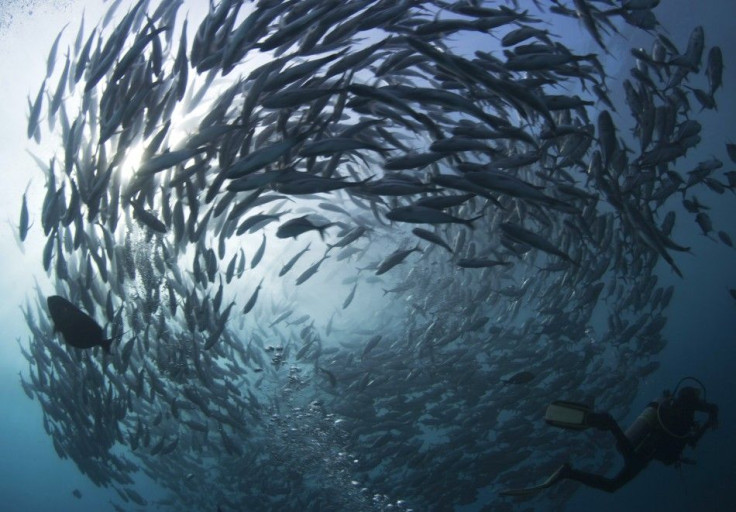Global Warming Dangerously Shrinking Plant, Animal Species: Experts

Rising global temperatures are responsible for a reduction in the size of plants and animals all over the world, say conservation biologists. What's more, the disparity in shrinking across species could pose a threat to the natural balance of established ecosystems.
In the October issue of Nature Climate Change, Jennifer Sheridan of the University of Alabama and David Bickford of the National University of Singapore argue that shifts in temperature, humidity, and the availability of food have probably contributed to the shrinking of species. Nearly half of all species studied - from microorganisms to mighty polar bears - are experiencing a decrease in adult size. According to TIME's Bryan Walsh, for every degree Celsius the temperatures were raised, marine invertebrates in the experiment tended to shrink by 0.5%-4%, fish by 6-22% and salamanders by 14% over the two-year period of the experiment. Birds and mammals have also been affected.
Fifty-five million years ago, a climate change event resulting in warming temperatures called the Palaeocene-Eocene Thermal Maximum similarly resulted in a 50 to 75% reduction in size of in beetles, bees, spiders, wasps and ants.
Surprisingly, the increased presence of carbon dioxide - which is metabolized by plants to form glucose - has not resulted in larger, healthier plants. Instead, plants appear to be shrinking as well; fruits in climate warming experiments tended to shrink by 3-17% for every degree Celsius the temperature was raised.
We do not yet know the exact mechanisms involved, or why some organisms are getting smaller while others are unaffected, said Sheridan and Bickford in an interview with PhysOrg. However, the researchers believe that stressors in the form of changing habitats and scarcity of once-available food are contributing factors.
It is the uneven shrinking that worries the researchers. Sheridan and Bickford believe that if food sources - plant or animal - are shrinking faster than those species feeding upon them, it is likely to throw ecosystems out of sync.
This isn't a ubiquitous or general law of ecology, Dr. Bickford said in an interview with the New York Times, but when some animals are affected and others aren't, that's when an imbalance will happen, and that's what we're most concerned about.
© Copyright IBTimes 2024. All rights reserved.











